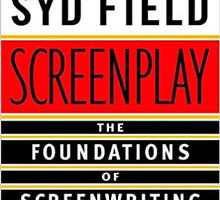
Screenplay by Syd Field
This post contains affiliate links that earn commissions from qualifying purchases. Studying the craft of writing from a variety of angles will benefit any writer. If you write short stories, you’ll learn something from studying a little poetry. If you write poetry, you can learn something useful from playwrights. And if you’re a novelist, you…Read More

Creative Writing Prompts Inspired by Historical Events
Today’s prompts include selections from the book 1200 Creative Writing Prompts. Enjoy! Nonfiction writers are obviously inspired by the real world, but fiction writers and poets also take inspiration from real people and events. Wars, scandals, scientific advances, and famous figures in history have all been represented in every form of writing. Works of fiction…Read More
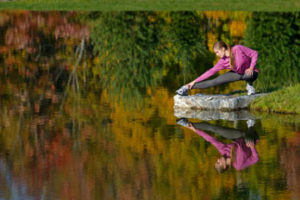
Three Poetry Writing Exercises
If you’re going to exercise, it’s a good idea to warm up first. That way, you’ll get your body geared up to do the heavy lifting, the hard running, and the strenuous workout. Writing’s no different. Poetry writing exercises are ideal when you’re feeling uninspired or lazy, or maybe your poetry is getting stale and…Read More

Originality in Storytelling
Most storytellers strive to write fresh, original stories. They’re hoping to come up with an idea that’s never been done before. Is that even possible? Most stories are built with universal structures, or they use elements that can be found in the plethora of stories that already exists. That’s why readers can often predict the…Read More

Communicating with Poetry: The Search for Deeper Meaning
The search for deeper meaning in a poem implies that it might contain a hidden message. But poetry is not coded messaging; it’s artful communication. It’s more useful to ask what a poem communicates than to ask what it secretly means. Some poems are straightforward; there’s no interpretation to be made because they are clear…Read More
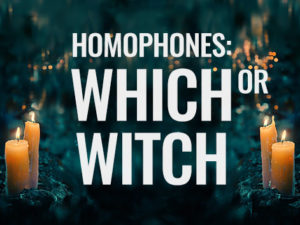
Homophones: Which Witch?
A reader left the following comment inquiring about the spelling of two sets of homophones: “I have trouble with witch/which (and even so, I am not sure I have those right) and weather/wheather [sic]. any good ideas on how to keep them straight???” I’ve already written a post addressing the difference between weather and whether….Read More

Curiosity and Creativity for Writers
Today’s post is an excerpt from my book, Ready, Set, Write: A Guide to Creative Writing, which takes you on a tour through the world of creative writing while offering writing ideas and inspiration. This is from chapter thirty-one, “Curiosity and Creativity.” Let’s find out how fostering curiosity can increase your creativity as a writer. Enjoy!…Read More
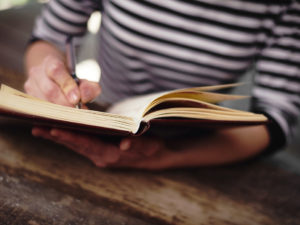
Making the Right Word Choices for Better Writing
Have you ever read a sentence and wondered what it was trying to say? Ever gotten hung up on a word that felt out of place because the meaning of the word didn’t fit the context? When was the last time you spotted a word that was unnecessarily repeated throughout a page, chapter, or book?…Read More

Writing Tips: Show, Don’t Tell
The first time I heard the advice “show, don’t tell,” I was young and it confused me. Show what? Isn’t writing all about telling a story? At the time, I shrugged it off as some kind of mysterious double-talk, but the phrase kept popping up: show, don’t tell. It rolled off my teachers’ tongues. I…Read More
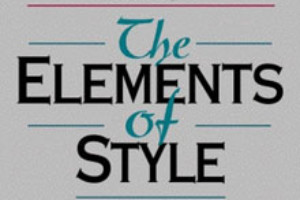
Writing Resources: The Elements of Style
This post contains affiliate links that earn commissions from qualifying purchases. Writing resources are easy to come by. But good writing resources, ones that will truly help you improve your writing, can be difficult to scout out among the many books on writing that are available. Originally published in 1959, The Elements of Style has…Read More



